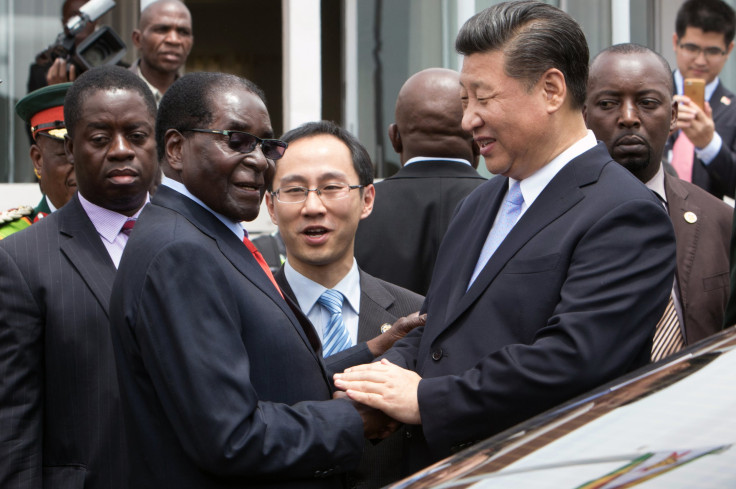China To Cancel Zimbabwe's $40M Debt, Increase Local Use Of Yuan

Zimbabwe’s finance minister announced Monday that China will cancel about $40 million worth of the southern African nation’s debt due to mature this year. Zimbabwe is also hoping to facilitate use of China’s yuan currency in its economy as bilateral trade between the two countries expands.
"They [China] said they are canceling our debts that are maturing this year. Right now, preliminarily, we are coming up with a figure of $40 million," Zimbabwean Finance Minister Patrick Chinamasa said in a statement obtained by Reuters.
As part of plans to increase local use of the Chinese currency, Chinese tourists could pay for services in yuan and Harare could pay its loans to Beijing using the currency. The central banks of the two countries are also negotiating on a yuan clearance system, Chinamasa said Monday.
China is Africa’s largest trading partner and Zimbabwe’s second-largest, after South Africa. Zimbabwe has received more than $1 billion in low-interest loans from Beijing in the past five years. Chinese President Xi Jinping visited Harare in December to sign deals to fund projects, including a $1 billion loan to fund the 600 megawatt expansion of the Hwange coal power station. Last year, Zimbabwe’s central bank added the yuan to a basket of currencies used in the country, including the U.S. dollar, the British pound and the South African rand.
Zimbabwe’s economy is still reeling from the catastrophic recession of 1999-2008, during which gross domestic product shrank by 45 percent. President Robert Mugabe said in August his country is banking on China to help revive the economy, which is expected to grow 1.5 percent this year. The Zimbabwean leader also outlined reforms to investment rules to try to attract more capital, according to the Herald, a state-owned newspaper.
However, the mineral-rich country remains one of the world’s least-free economies, according to the Heritage Foundation, a conservative think tank in Washington. Harare’s rigid labor laws and poor reform policies have dissuaded investment and loan commitments across East and West. Meanwhile, an economic slowdown in China could mean a more inward-looking Beijing.
“[The Chinese] don’t see the kind of financial transparency they’d like to see in the Zimbabwean government, so they’re not going to throw good money into a hole they can’t monitor,” Stephen Chan, a professor of international relations at the University of London’s School of Oriental and African Studies, told International Business Times in September.
© Copyright IBTimes 2024. All rights reserved.





















